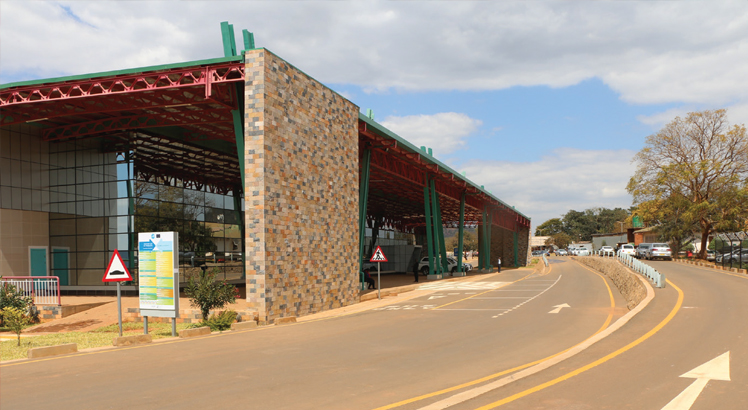Carbon credit, next source of foreign exchange
Amid foreign exchange scarcity, Treasury is banking on carbon credits trading as one avenue of raising forex, with expert analyses showing potential value at 19.88 metric tonnes of carbon per annum valued at about K600 billion.
In the 2024/25 Budget Statement presented in Parliament on February 23, Minister of Finance and Economic Affairs Simplex Chithyola Banda said the government is currently facilitating the finalisation of documents for the carbon trading development projects.

He said the government is also operationalising Article 6 of the carbon trading regulatory framework, including the establishment of the National Carbon Registry.
Speaking in an interview yesterday, financial expert Partha Dutta said Malawi has huge potential for carbon trading due to its extensive forest reserves and conservation parks.
“Malawi boasts more than one million hectares of designated forest reserves, including both exotic and indigenous trees and another one million hectares of land under wildlife conservation parks and reserves,” he said.
Dutta, a chartered accountant who has more than 15 years of international experience in finance, said by investing in cleaner technologies or more efficient processes, firms can lower their emissions and sell their surplus credits for a profit.
He said in addition to emissions trading, firms can also buy carbon credits from other projects that reduce emissions known as offset projects.
“These projects can range from reforestation to renewable energy projects, which either absorb carbon dioxide from the atmosphere or prevent emissions from occurring elsewhere,” he said.
Speaking at the launch of the World Bank’s Malawi Economic Monitor in Blantyre last week, Secretary to the Treasury Betchani Tchereni said carbon markets present a unique opportunity for the country to generate revenue to finance development programmes.
He further said carbon credits also present an opportunity for businesses as well as individuals to generate returns that can be used to expand their business operations.
“At the local level, we can use the initiative to drive the change agenda to optimise carbon markets’ potential for social and economic development,” he said.
Civil Society Network on Climate Change national coordinator Julius Ng’oma earlier commended the government for setting up a task force and a steering committee to guide the development of the carbon markets.
The Malawi Carbon Market Initiative is part of a broader framework by the African Carbon Markets Initiative to scale the market for carbon credits retired annually by 2030





